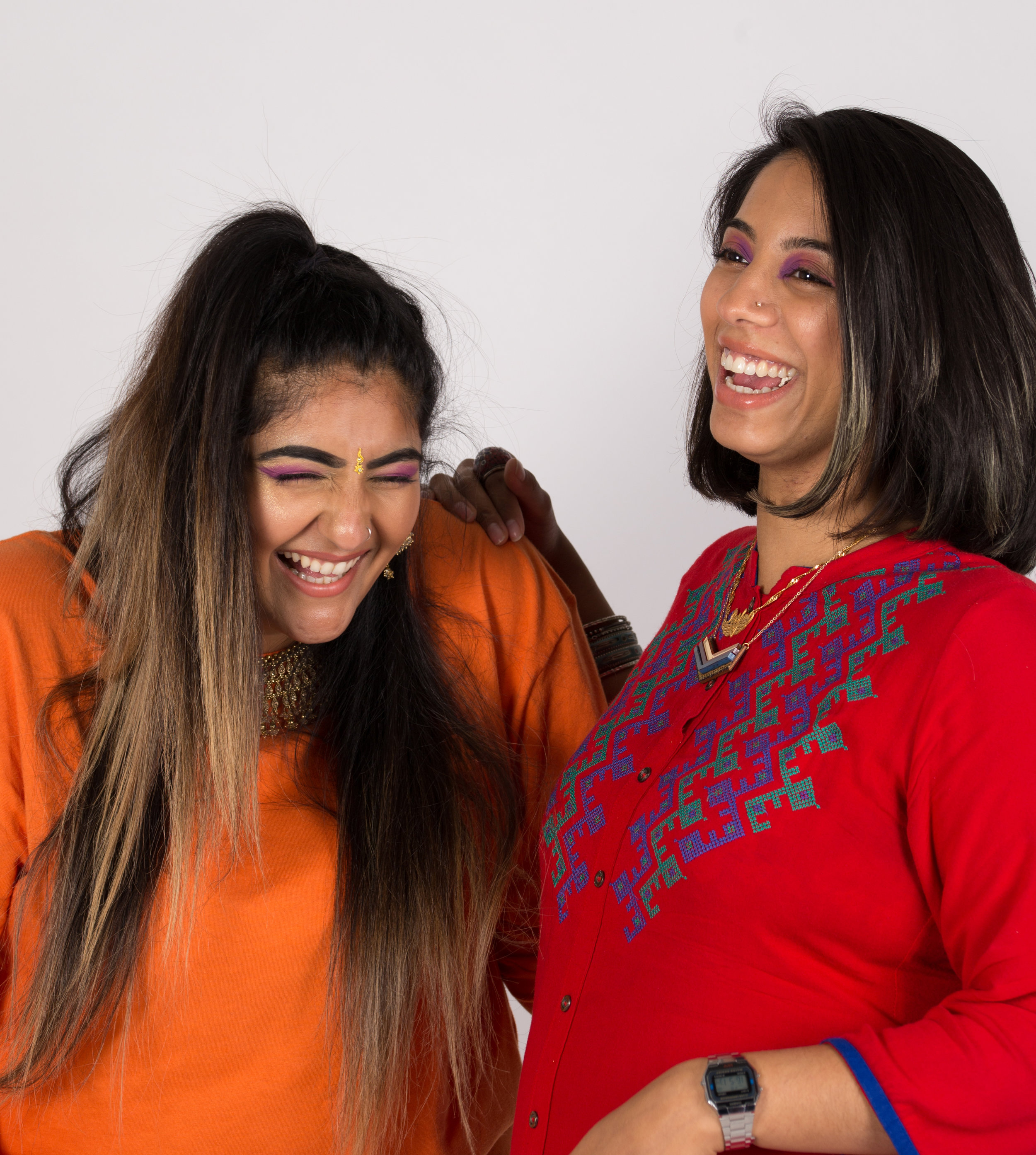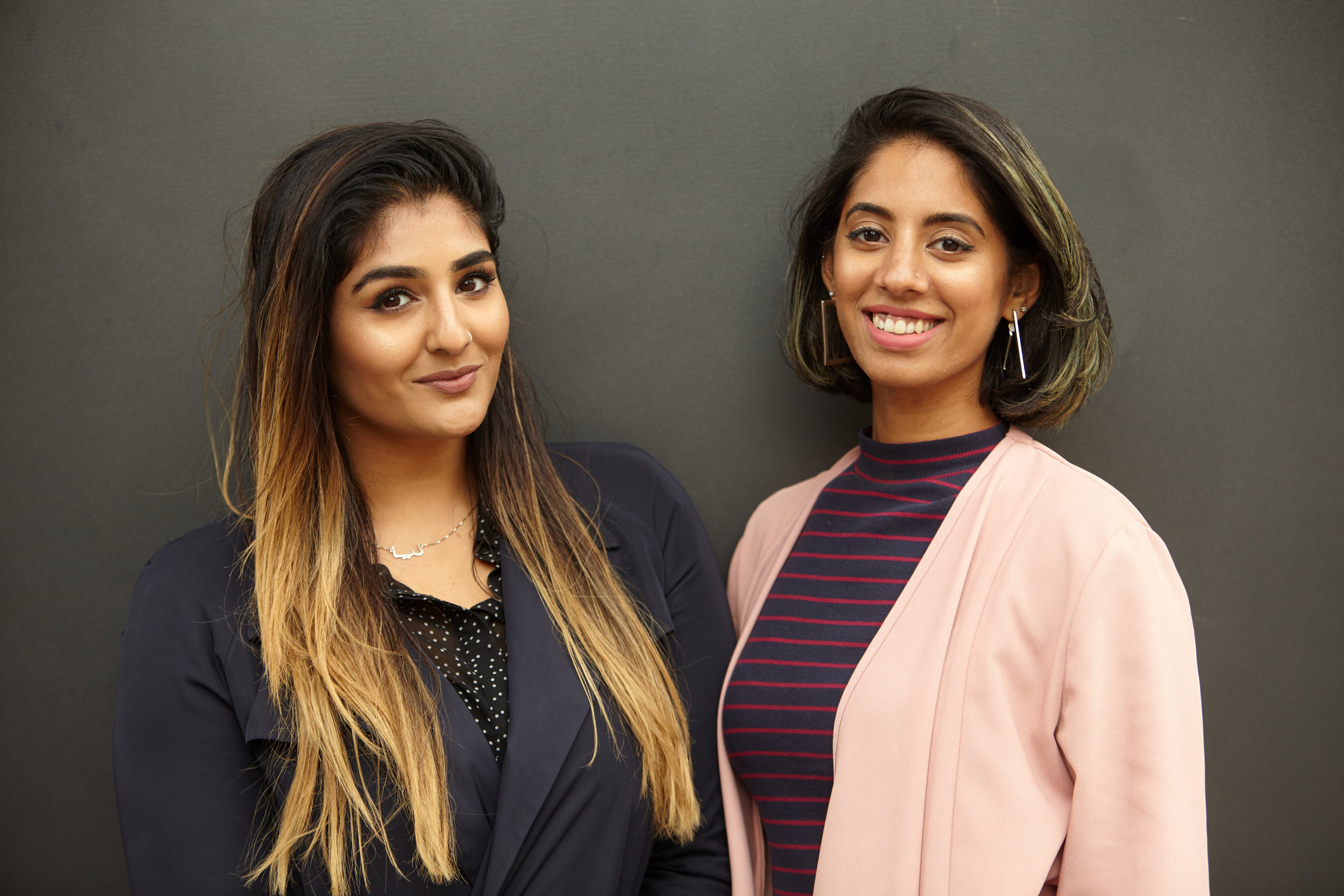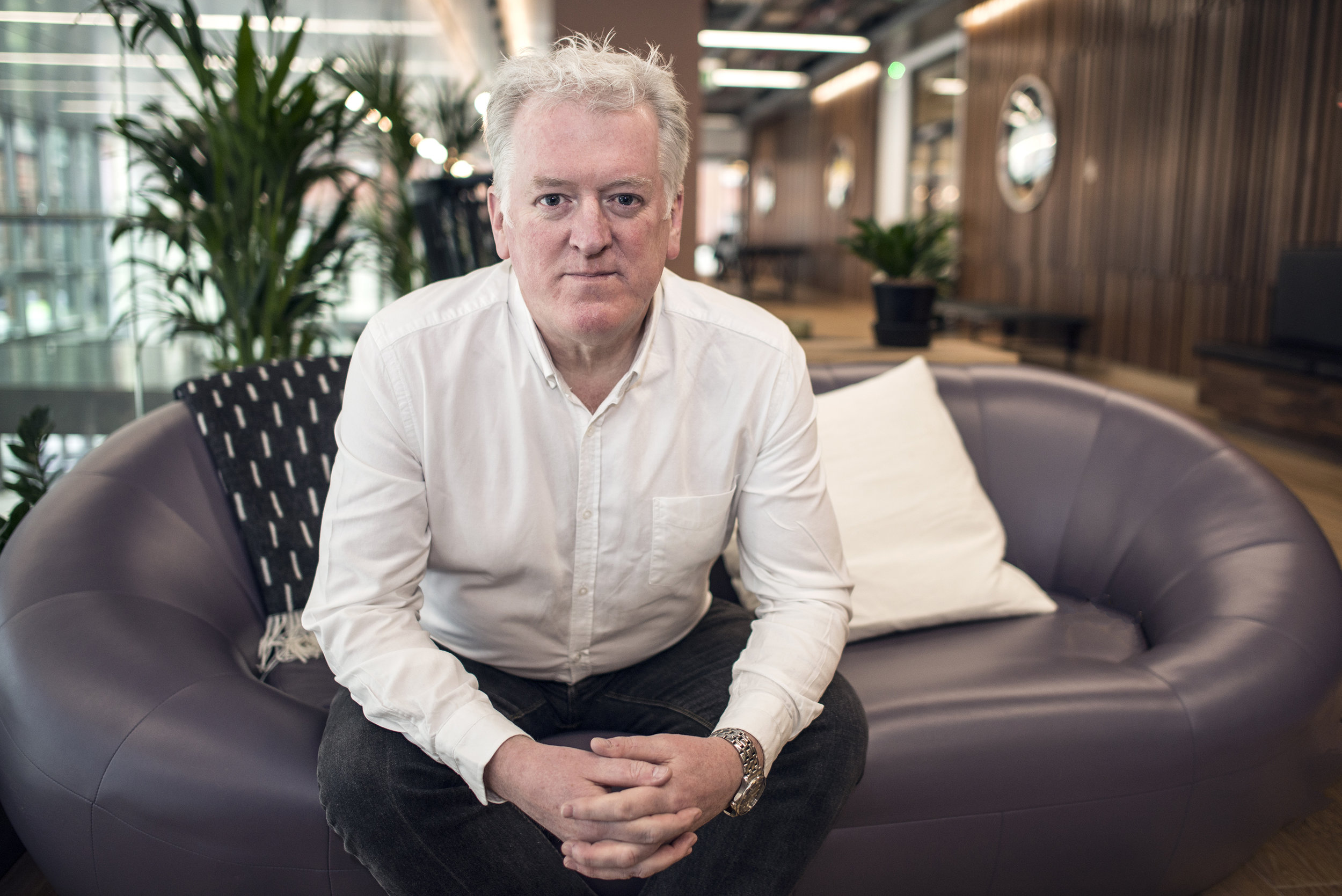We were more than excited to catch up with the female duo behind The Other Box, Leyya and Roshni, who have built an award-winning platform to empower people to work and live more inclusively. Part of CLO PR's mission is to support clients on the road to building sustainable cultures that truly embrace diversity. The Other Box is doing just that and we look up to them as a source of inspiration. Check out what the girls had to say on what drove them to help change the creative industry make-up due to the colour of their skin.
“Women of colour, like us, were being totally left out of the conversation”
Image credit: Maaria Lohiya @justmebreathing
1. What drove you to create The Other Box?
In the creative industries, we noticed that the 'diversity' conversation was still very much based around gender. And that meant people of colour and especially women of colour like us were being totally left out of the conversation. So we decided to change that.
2. What's the biggest lesson you've learnt from starting up The Other Box?
For the first 18 months (so basically till about a month ago!) we were running The Other Box alongside full-time jobs and one of us studying a part-time Masters. It was really full on but we learned very quickly how to manage our time, prioritise, and, as geeky as this might sound, scheduling in down time and family time, so we don't neglect our own mental, physical, emotional and spiritual wellbeing.
3. What's been the biggest milestone for the business so far?
Going full-time was a big leap for us. It's terrifying and exciting in equal measure!
4. Was there ever a point when you wanted to give up?
Not really! Almost every day we get amazing messages from people in our community saying how grateful they are for it, and that really keeps us going.
5. Would you say you're close friends? And does this bring up complications in your business relationship when it comes to making decisions?
We were introduced through a mutual friend (shout out our fairy godmother Amiera!) but we weren't really friends when we decided to start The Other Box! We've obviously become very good friends since, and it helps that we complement each other with our personalities and working styles. But we also decided very early on how we wanted to work together, and we've stayed faithful to that.
6. You're winning awards left, right and centre at the moment! Do you think the celebration of women is gaining momentum in the industry?
It is, but we never want to take away from the decades of work that has come before us! We stand on the shoulders of giants, but we definitely think things like social media help to democratise voices and allow movements to gather momentum faster.
7. The lack of diversity is well-documented in the creative industry. What do you think is the biggest barrier to people of colour getting in and what should businesses be doing to tackle this?
This is a BIG question and - shameless plug! - we'd say do one of our Know Your Bias workshops. Diversity is more than a box-ticking or quota-filling exercise. There's a lot of deeply entrenched structural inequalities at play, and all of us need to invest time (and money) into unlearning the ways we've been naturally socialised, to create more genuinely inclusive working environments.
8. The rise of #metoo and #timesup has created an important opening in discussion on gender equality but it has also put fear into young women of what they may expect to experience in the working world. What would you say to those wanting to pursue a career here?
We don't think it has put fear into young women! If anything, those movements are empowering young people to come into the industry and call out inappropriate behaviour. We also think these movements demonstrate the importance of community and sisterhood. There are also amazing organisations like Diet Madison Avenue who are putting in an immense amount of work to make sure voices are heard and also that we have access to legal representation. That kind of work cannot be underrated.
9. It feels like female solidarity is slowly starting to crest a wave. Do you think women are feeling more confident to stand up and be heard right now?
Definitely!
10. What's the one thing that's shocked you in your mission to raise the profile of diversity?
We still hear some horrific stories of the everyday racism and sexism people have to encounter in the workplace. We think we should all feel brave enough to call these things out, but of course we understand that it's not always easy to do that.
11. Where do you get your inspiration?
Our own backgrounds as working-class Asian women from immigrant backgrounds gives us a fire in our belly to work hard and represent for those we feel are underrepresented.
12. What's in store for The Other Box this year?
We're determined to get more workshops to more agencies and organisations. And we also want to do more for our TOB community, to create and share more opportunities and really change the face of the creative industries for good. And we want to make sure we continue to have fun and meet amazing people along the way!








